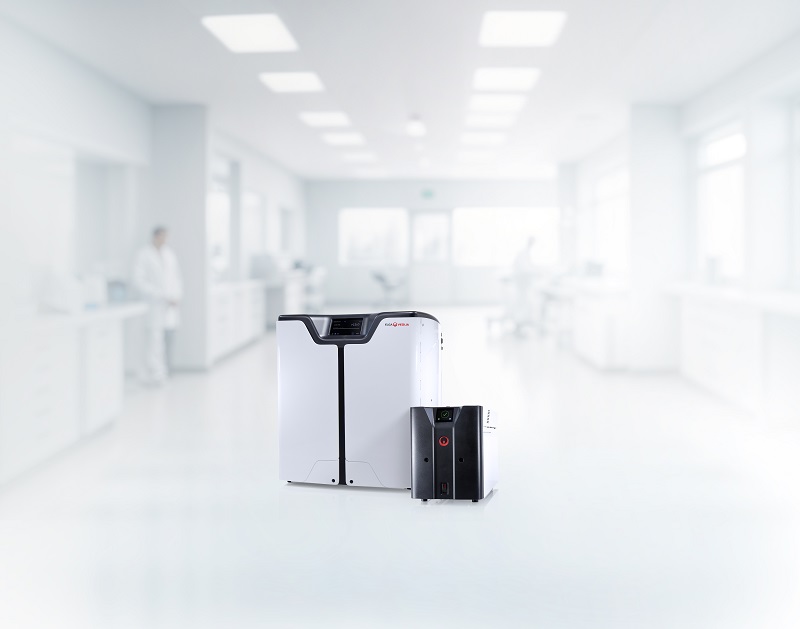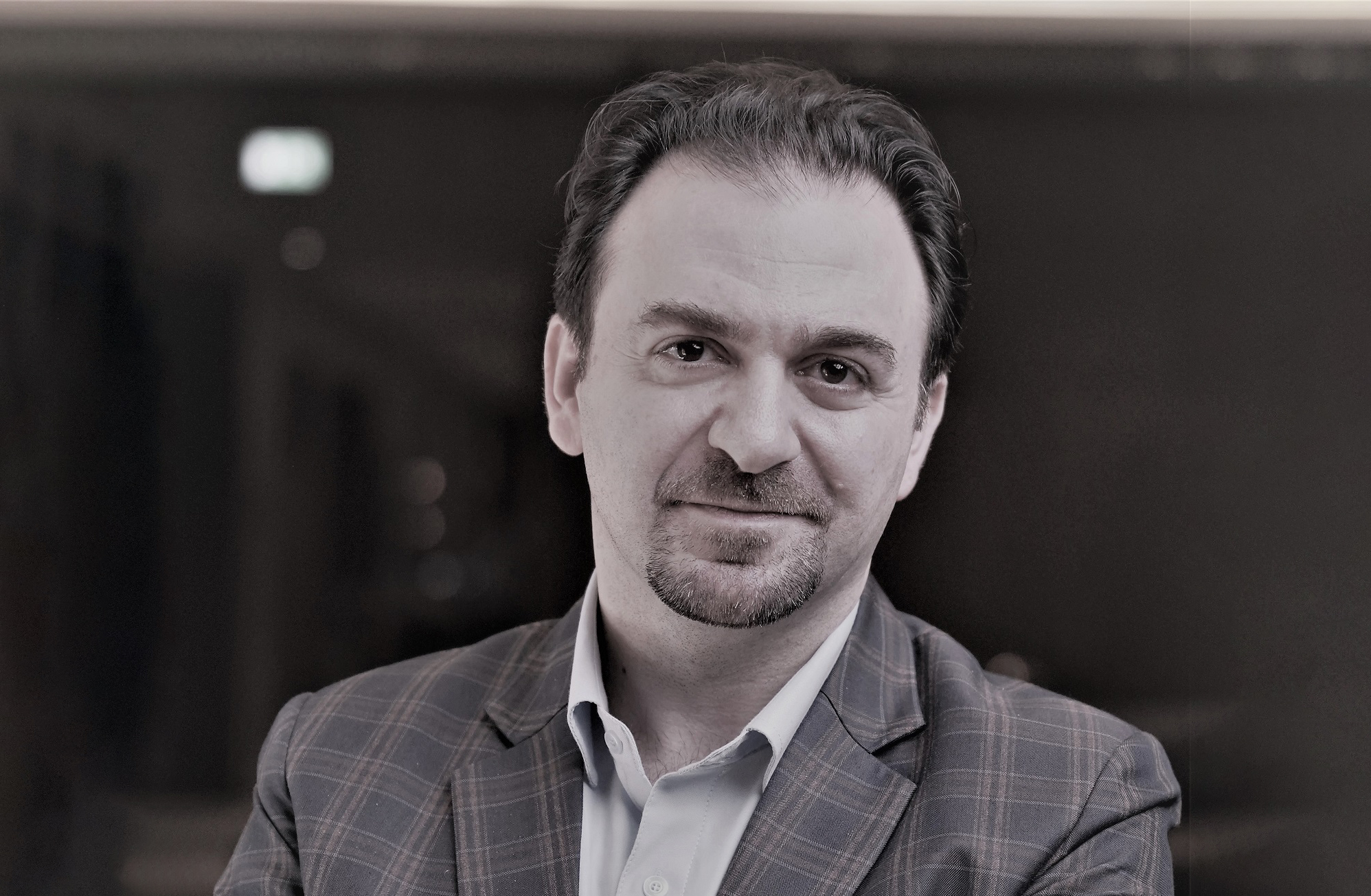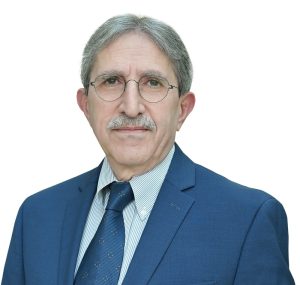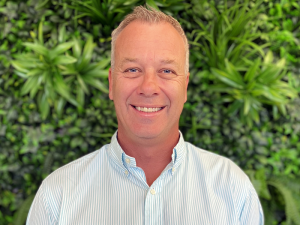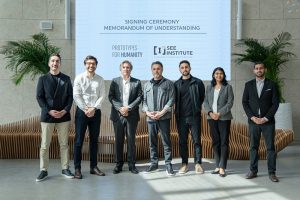In an exclusive interview with Mediworld Middle East, Ghassan Legrand, Director of Veolia Water Technologies (Middle East Techno Products & Services business), shares insights into the company’s pioneering role in providing sustainable water treatment solutions for the pharmaceutical, medical, and healthcare industries.
With over 80 years of experience, Veolia combines cutting-edge technologies with a commitment to environmental responsibility.
Legrand discusses the company’s approach to innovation, highlighting key products like the Medica range and Purelab systems, which cater to the growing demand for high-quality, efficient water solutions while supporting global sustainability goals.
Can you provide an overview of Veolia Water Technologies’ mission and role in the pharmaceutical, medical, and healthcare industries, and what sets it apart from competitors?
With more than 80 years of expertise in the industry, Veolia Water Technologies is committed to designing, servicing, and supporting systems that ensure high water purity, which is vital for accurate laboratory and clinical results. The company works alongside leading laboratory instrument manufacturers to create customized solutions that address specific requirements. Sustainability is a key priority, with products crafted to reduce environmental impact, aligning with Veolia’s overarching mission to assist customers in overcoming their environmental and sustainability challenges.
Veolia sets itself apart through its deep knowledge, innovative technologies, and a comprehensive global service network that provides prompt support and maintenance. Its dedication to customer satisfaction and service excellence makes it a reliable partner in the industry, combining decades of experience with a strong emphasis on innovation and sustainability.
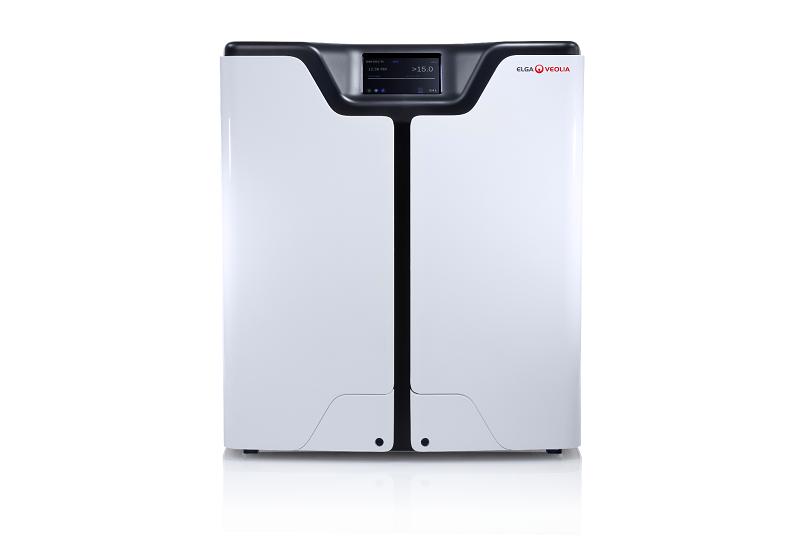 Could you provide an overview of the products Veolia develops for the pharmaceutical, medical, and healthcare industries and how they meet the growing demand for sustainable and efficient water technologies?
Could you provide an overview of the products Veolia develops for the pharmaceutical, medical, and healthcare industries and how they meet the growing demand for sustainable and efficient water technologies?
Veolia Water Technologies offers a diverse range of products specifically designed for the pharmaceutical, medical, and healthcare industries. The Purelab range, including the Flex series recently launched in the Middle East region, provides ultrapure water solutions tailored to meet the precise needs of laboratory research and clinical diagnostics. These systems are renowned for their reliability, efficiency, and user-friendly design, offering features like real-time Total Organic Carbon (TOC) monitoring, eco-mode for reduced environmental impact, and ergonomic, flexible operation.
The Medica range, on the other hand, that will be launched during Medlab 2025 is designed to supply Clinical Laboratory Reagent Water (CLRW) essential for accurate clinical diagnostics. These systems incorporate advanced purification technologies such as deionization, ultraviolet purification, and ultrafiltration to ensure high water quality and compliance with international standards. The Medica BIOX system further addresses ecological challenges by treating clinical analyzer wastewater, reducing microplastic release, and enhancing environmental protection.
Veolia ensures these solutions meet the industry’s increasing demand for sustainable and efficient water technologies by integrating innovative features that minimize waste, reduce energy consumption, and optimize resource use.
Could you elaborate on the R&D efforts behind your pharmaceutical, medical, and healthcare products?
Veolia’s R&D teams work closely with industry experts and stakeholders to understand the evolving needs of the pharmaceutical and healthcare sectors. This collaboration ensures that the company’s products are not only compliant with current regulations but also anticipate future industry trends and challenges. By focusing on sustainability, Veolia aims to reduce energy consumption, minimize waste, and incorporate environmentally friendly materials and processes into its products.
Can you share more about Veolia’s Medica 150 and Medica BIOX solutions, and how they benefit the pharmaceutical, medical, and healthcare industries?
Veolia Water Technologies will unveil the new MEDICA range, including Medica 150 and Medica BIOX, at Medlab Middle East, both designed to address ecological and environmental issues while enhancing clinical operations in the pharmaceutical, medical, and healthcare industries. The Medica 150 is a high-efficiency clinical lab water system that ensures a constant and reliable supply of Clinical Laboratory Reagent Water (CLRW), which is crucial for accurate clinical diagnostics. This system is designed with sustainability in mind, featuring a compact, integrated unit that includes automated recirculation through deionization, ultraviolet purification, microfiltration, and ultrafiltration components. It optimizes environmental impact through features like Electrodeionization (EDI) options, high-efficiency water recovery, and reduced single-use plastics, all while maintaining outstanding uptime and cost-effectiveness.
The Medica BIOX, on the other hand, focuses on treating clinical analyzer liquid wastewater, addressing the significant environmental challenge posed by plastic waste in clinical diagnostics. It treats plastic at the source of production, directly from clinical analyzer wastewater, and includes biohazard neutralization through UV oxidation of microorganisms. This system reduces the release of microplastics through ultrafiltration, enhancing environmental protection and reducing the volume of wastewater sent for external treatment. Both products are designed to support high-efficiency diagnostic workflows, ensuring compliance with regulatory standards and improving the sustainability of clinical operations.
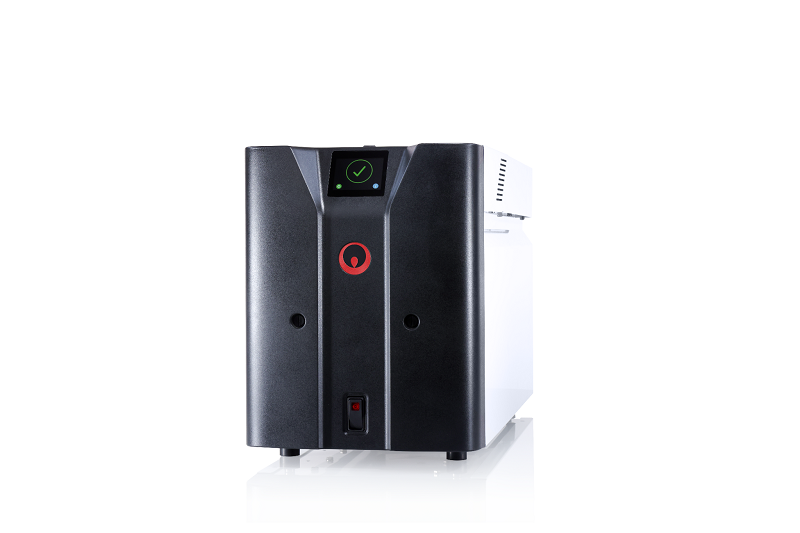 What role does customer feedback play in shaping the development of new technologies like Medica 150 and Medica BIOX?
What role does customer feedback play in shaping the development of new technologies like Medica 150 and Medica BIOX?
By actively engaging with customers, Veolia Water Technologies gains a deep understanding of the operational conditions and requirements of clinical diagnosis labs. This feedback informs the design and functionality of their products, ensuring they meet the stringent standards and expectations of the healthcare and medical markets. For instance, customer input helps identify the need for features such as emergency bypass functionality, remote monitoring capabilities, and high uptime with quick fix times, all of which enhance reliability and efficiency. Additionally, feedback on environmental concerns and sustainability targets drives the incorporation of features like UV oxidation for biohazard neutralization and ultrafiltration for microplastic reduction in the Medica BIOX system. By listening to customer needs, Veolia can develop solutions that not only ensure compliance and improve laboratory workflows but also address broader environmental and operational challenges, ultimately supporting better clinical outcomes and patient care.
How do these solutions reflect Veolia’s broader vision for innovation in clinical water treatment and waste management?
By embodying the company’s commitment to sustainability, technological advancement, and operational efficiency, these solutions are designed to address the critical needs of the pharmaceutical, medical, and healthcare industries while aligning with Veolia’s mission to depollute vital resources, decarbonize ways of living, and improve health and quality of life. The Medica range emphasizes sustainability and operational efficiency, incorporating advanced technologies like Electrodeionization (EDI) to minimize environmental impact and optimize water recovery. Automated recirculation processes, including deionization, ultraviolet purification, microfiltration, and ultrafiltration, ensure high water quality while reducing waste.
What are the biggest challenges Veolia faces in providing water treatment solutions for pharmaceutical, medical, and healthcare industries?
Veolia Water Technologies aims to deliver water treatment solutions that meet the high standards of the pharmaceutical, medical, and healthcare industries while promoting environmental responsibility and cost-effectiveness. Our challenge is to not only deliver high-quality water but also minimize waste, reduce energy consumption, and manage the lifecycle impact of our products. This involves integrating advanced technologies that promote resource efficiency and environmental stewardship. At the same time, cost management remains a crucial aspect. We know that it is important to provide cutting-edge, compliant technology with the necessity of offering economically viable solutions for our clients.
How does Veolia adapt its solutions to meet stringent regulatory and safety standards in these industries?
First, we design our water treatment systems in compliance with international guidelines and standards, such as those set by the FDA, EU, and various pharmacopoeias. This ensures that our solutions consistently meet the high purity and quality requirements necessary for these sectors. We also incorporate advanced monitoring and control technologies to maintain precise water quality parameters, ensuring that our systems operate within the required specifications at all times. Our solutions are equipped with features like automated recirculation, ultraviolet purification, and microfiltration, which help prevent contamination and maintain the integrity of the water supply.
Furthermore, we engage in continuous innovation and research to stay ahead of evolving regulatory requirements and industry needs. Additionally, we provide comprehensive training and support to our clients, helping them understand and implement the necessary protocols to maintain compliance. Our global network of service personnel is available to assist with maintenance and troubleshooting, ensuring that our systems remain reliable and effective.
How does Veolia leverage innovation to address the industry’s ecological and operational challenges? What role does technology play in contributing to a more efficient use of resources?
Innovation is at the core of Veolia’s approach, enabling the company to develop systems that not only meet stringent regulatory standards but also minimize environmental impact and enhance operational efficiency. One way Veolia addresses these challenges is through the advanced monitoring and control systems, such as the Hubgrade digital platform, which enables real-time monitoring and optimization of water treatment processes. This technology allows for proactive maintenance and efficient resource management, ensuring systems operate at peak performance while minimizing downtime and resource use.
What innovations can we expect from Veolia Water Technologies in the coming years, and how will they continue to support the industry’s sustainability goals?
In the coming years, Veolia Water Technologies is expected to continue its focus on innovation to support the sustainability goals of the pharmaceutical, medical, and healthcare industries. One area of development is the enhancement of digital solutions and smart technologies, such as the expansion of the Hubgrade digital platform. This platform will likely incorporate more advanced analytics and artificial intelligence to optimize water treatment processes, improve predictive maintenance, and enhance resource efficiency. Veolia is also expected to advance its efforts in water reuse and recycling technologies, aiming to further reduce water consumption and waste. Additionally, Veolia may focus on innovations that address emerging contaminants, ensuring that its solutions remain at the forefront of environmental protection.
What are Veolia Water Technologies’ future plans for expanding its portfolio in the pharmaceutical, medical, and healthcare industries – specifically in the Middle East region?
In the wake of the COVID-19 pandemic, the healthcare industry has become a primary focus for government funding, creating substantial business opportunities. However, healthcare business strategies differ significantly from those used in consumer product marketing. The healthcare sector is constantly evolving, necessitating adaptable business approaches to achieve optimal outcomes. In this section, we will emphasize the importance of test result accuracy and precision for patients, aiming to align our product’s benefits with both their needs and market demands.
